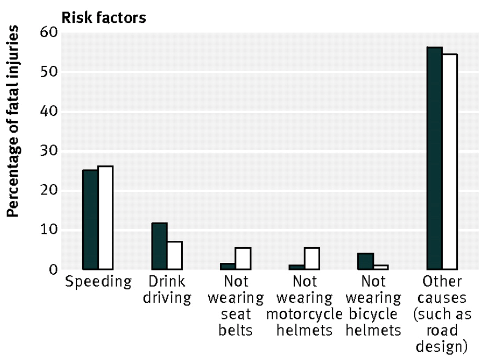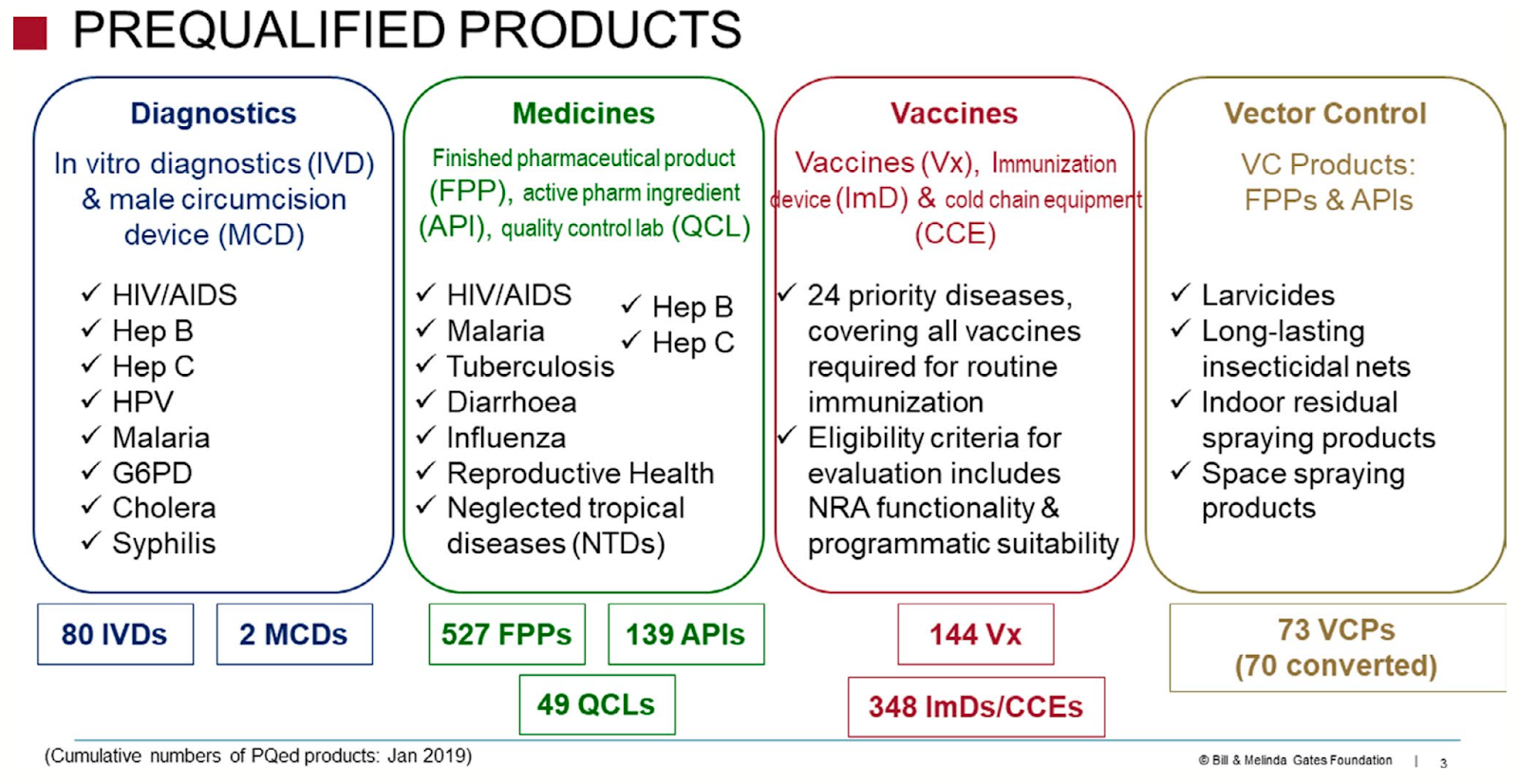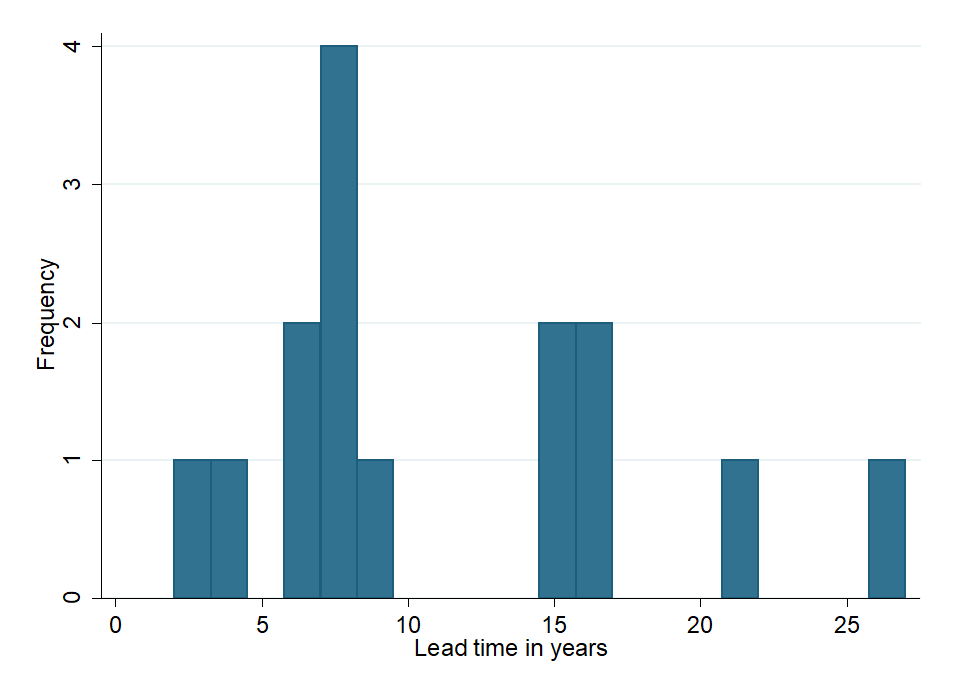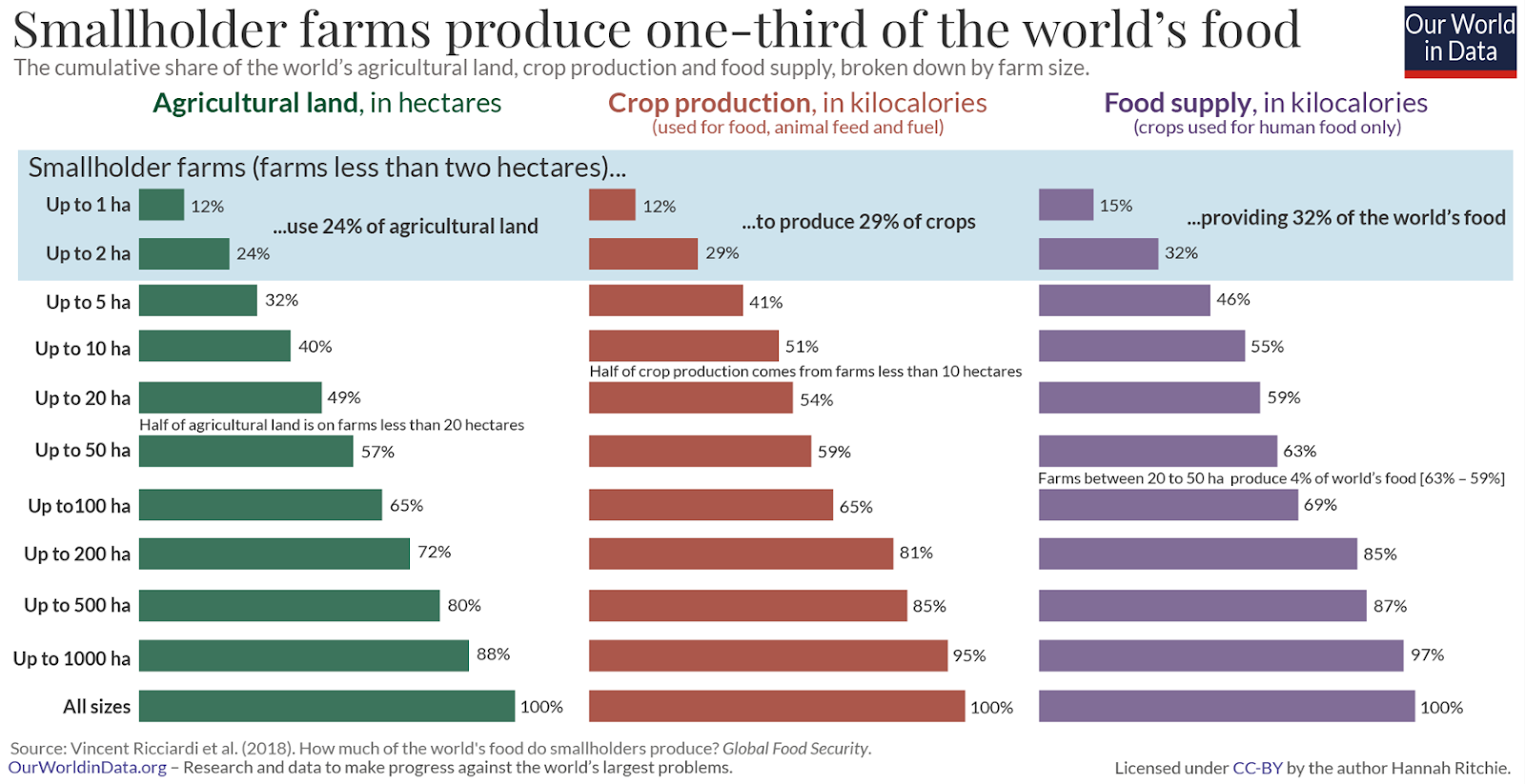
Global Health and Development
Over 700 million people live in extreme poverty globally. But interventions to address the health consequences of poverty are often ineffective or misdirected. Over the last decade, organizations like GiveWell have identified highly tractable interventions that can often save a life for as little as a few thousand dollars. Rethink Priorities’ research in this space focuses on expanding this portfolio of interventions, and working with foundations to identify promising new avenues to save lives and improve wellbeing around the globe.
Rethink Priorities’ Global Health and Development (GHD) Department conducts research to drive meaningful change in a wide range of important topics. Through consultancy services and by pursuing our own independent research, we support nonprofits, funders, and policymakers to make informed decisions and maximize impact across a variety of areas: international development, global health, climate change, and more. Our research team has expertise in economics, health, science, and policy, and brings experience from academia, consultancy, and nonprofit work.
For more information about our research process, please read this post.
Global health
We work to identify promising global health interventions that can absorb millions of dollars to help save and improve lives. Some of our published work in this area includes a report on exposure to lead paint in low- and middle-income countries and an assessment of the effectiveness of prizes at spurring innovation.
International development
We have also explored various issues and interventions within international development. For example, we have evaluated the cost-effectiveness of various interventions that may help very poor people to increase their income and earning potential in the short and medium term (with a focus on sub-Saharan Africa). We’ve also assessed weather forecasting as a potential agricultural intervention in low- and lower-middle income countries and looked into the cost-effectiveness of different interventions.
Climate change
The team has also explored initiatives aimed at mitigating climate change. Thus far, they have released the first of a two-part series on anti-deforestation initiatives. This report examines the feasibility and cost-effectiveness of the REDD+ framework for reducing forest loss and degradation and for abating CO2 emissions that contribute to climate change.
In April 2024, GiveWell commissioned Rethink Priorities to conduct research on mosquito nets. The aim was to briefly evaluate whether some nets that are distributed but not used could be causing harm if they are being used for fishing. This rapid research focused on whether greater demand for existing fish stocks could lead to depletion and disrupt long-term sustainability and food security, which we refer to as “overfishing”.
This post summarizes research that Rethink conducted in 2022 on the trajectory of the prices of clean energy over the next 25-100 years. The researchers also looked into whether resource or scientific constraints may inhibit clean energy innovation and scaling.
This post summarizes research that Rethink conducted in 2022 on the neglectedness of carbon capture technologies over a five- to ten-year horizon, as well as bottlenecks associated with the field and tractable interventions to overcome them.
This post summarizes research that Rethink conducted in December 2021 into the state of climate philanthropy—including the amount that has been committed, how it is allocated, and the identity of major funders—as well as a comparison with public and private climate funding.
This post summarizes research that Rethink conducted in 2022 for into scientific capacity in sub-Saharan Africa. The main aim of this project was to understand whether it could be a high-impact grantmaking area for Open Philanthropy.
This research updated GiveWell’s previous literature review on the long-term income effects of childhood malaria to determine whether the assumption that income in adulthood decreases by 1% per childhood malaria case should be adjusted and whether any further evidence should be considered.
This report is a broad overview of larval source management, including evidence for effectiveness, room for more funding, and coverage by existing implementers.
This summary aims to understand whether and how the “double treatment” parameter in GiveWell’s model on vitamin A supplementation should be updated, and to produce estimates for additional countries of interest.
This is a summary of an evidence review of family planning interventions. The review mostly focused on the Family Planning High Impact Practices List, or HIPs, which are a set of family planning practices considered to be the gold standard, and on “Service Delivery” interventions, the category of HIPs that best aligns with GiveWell’s traditional program model.
This report examines the Priority Review Vouchers (PRV) that the US government has issued under its Tropical Disease PRV Program, which provides financial incentives for research and development targeting neglected tropical diseases.
Universal introduction of vaccines in low- and middle-income countries has lagged behind introductions in high-income countries. While Gavi—a global public-private partnership—has helped to alleviate cost-related delays, additional bottlenecks remain. This report suggests interventions to further improve efficiency and experiences throughout the vaccine delivery process.
The primary focus of this report is to review GiveWell’s current formulation of its discount rate by recommending improvements and reinforcing justifications for areas that do not require improvement.
In 2019, there were about 1.2 million deaths due to road injuries—about 90% of which occurred in low- and middle-income countries. In this report, researchers reviewed case studies of key time periods in China and Vietnam to better understand the relative impact of (philanthropically-funded) policy changes versus other factors.
This report provides an overview of how market shaping is typically used in global health, its recent track record, and ongoing gaps in its implementation. The researchers also spotlight two specific market shaping approaches: pooled procurement and subscription models.
The primary focus of the report is to provide a review of World Health Organization Prequalification (WHO-PQ). The researchers focused mostly on how it works and how it’s funded, as well as how it came about and how it could be improved for a greater global health impact.
Research Analyst Bruce Tsai and Research Assistant Erin Braid estimate how many deaths have been averted by five medicines: four antimalarials and one HIV treatment. Their report then reconstructs each drug’s development story, including the roles of funding from companies, academics, government, and philanthropy.
This commissioned report assesses the cost-effectiveness of nonprofit Family Empowerment Media (FEM) on behalf of an anonymous donor.
The primary focus of this report is to provide a review of the World Health Organization’s Essential Medicines List (EML). The researchers explain how the EML is developed and used, and how it could be improved for a greater global health impact.
This report is a “shallow” investigation commissioned by Open Philanthropy. This primary focus of the report is to assess weather forecasting as a potential agricultural intervention in low- and lower-middle income countries and to examine the cost-effectiveness of different interventions.
This report is a “shallow” investigation commissioned by GiveWell. The primary focus of the report is to provide an overview of what is currently known about the exposure to lead paints in low- and middle-income countries.
Researcher Ruby Dickson and Senior Environmental Economist Greer Gosnell investigated various interventions that may help very poor people to increase their income and earning potential in the short and medium term. Their goal in this report is to provide a foundational overview of the potential for particular income-improving livelihood interventions with a focus on sub-Saharan Africa (SSA).
The first of a two-part series on anti-deforestation initiatives, this report examines the feasibility and cost-effectiveness of the REDD+ framework for reducing forest loss and degradation and for abating CO2 emissions that contribute to climate change.
This report is a “shallow” investigation and was commissioned by Open Philanthropy and produced by Rethink Priorities. Open Philanthropy does not necessarily endorse our conclusions. The primary focus of the report is a literature review of the effectiveness of prizes in spurring innovation and what design features of prizes are most effective in doing so. We also spoke to one expert. We hope this report galvanizes a productive conversation about the effectiveness of prizes within the effective altruism community. We are open to revising our views as more information is uncovered.
Agricultural land redistribution is a type of agrarian reform in which large farms are broken up and distributed to tenants or landless peasants. Land redistribution typically requires exceptional circumstances to succeed. Past redistributive efforts have been most successful in the aftermath of revolution, war, or independence. When redistribution has succeeded, it has been accompanied by extensive agricultural support, such as rural infrastructure development, subsidies for fertilizers and high-yield seeds, agronomic training, and cheap credit. The main value of redistribution appears to be improved agricultural yields, but redistribution is neither a necessary nor sufficient condition for improved yields.
The value of charter cities can be divided into three main buckets: (1) direct benefits from providing an engine of growth that increase the incomes and wellbeing of people living in and around the city, (2) domestic indirect benefits from scaling up successful charter city policies across the host country, and (3) global indirect benefits from providing a laboratory to experiment with new policies, regulations, and governance structures. We think it is unlikely that charter cities will be more cost-effective than GiveWell top charities in terms of directly improving wellbeing.
Lead exposure is a large problem with social costs on the order of $5-10 trillion annually, most of which come through neurological damages and losses in IQ causing lost income later in life. Lead exposure is diverse both in terms of sources and geography, with there being many different pathways for environmental lead to enter the human body and exposure being common across nearly all low- and middle-income countries. Although the proportion of the lead burden attributable to different sources is unclear, important exposure pathways include informal recycling of lead acid batteries, residential use of lead-based paint, consumption of lead-adulterated foodstuffs, and cookware manufactured with scrap lead. Rough initial cost-effectiveness estimates suggest that some strategies for dealing with lead exposure could be as or more cost-effective than GiveWell top charities.
The sHALY (subjective wellbeing-based health-adjusted life-year) describes health states using a conventional QALY or DALY classification system, or ideally a broader “HALY+” system described in Part 2. But it assigns values (“weights”) to those states according to their effect on life satisfaction and/or hedonic wellbeing. This helps avoid some problems with hypothetical preferences, such as the difficulty of imagining what it’s like to be in a different health state and the neglect of non-health consequences of health conditions.
The most widely-used HALYs are the quality-adjusted life-year (QALY) and disability-adjusted life-year (DALY). For reasons covered in Part 1, they tend to inaccurately estimate the overall wellbeing impact of many conditions, leading to serious misallocation of resources. The (hypothetical) HALY+ incorporates incremental improvements to the most common versions of the QALY and DALY, so that they more closely track subjective wellbeing (and perhaps other things people care about) while avoiding some potential problems with pure wellbeing measures. The extent to which they would resolve each of my core concerns with current HALYs is summarized in the conclusion.
This series of posts describes some of the metrics commonly used to evaluate health interventions and estimate the burden of disease, explains some problems with them, presents some alternatives, and suggests some potentially fruitful areas for further research.[1] It is primarily aimed at members of the effective altruism (EA) community who may wish to carry out one of the projects. Many of the topics would be suitable for student dissertations (especially in health economics, public health, psychology, and perhaps philosophy), but some of the most promising ideas would require major financial investment. Parts of the sequence—particularly the first and last posts—may also be worth reading for EAs with a general interest in evaluation methodology, global health, mental health, social care, and related fields.
We investigated the cost-effectiveness of vaccine research and development to learn about how cost-effectiveness estimates are made and where they might go wrong. By doing this, we became far more wary of taking these estimates literally. Many people will do things like reducing their cost-effectiveness estimate by a factor of 10x and call this a conservative estimate, but in light of this exercise and other examples, this is not enough. Furthermore, our research underscored that donating to the Against Malaria Foundation (AMF) may be a really hard baseline to beat and that it is important to do some degree of investigation before assuming things beat AMF. Lastly, our research has some implications for biosecurity that merit further exploration.










